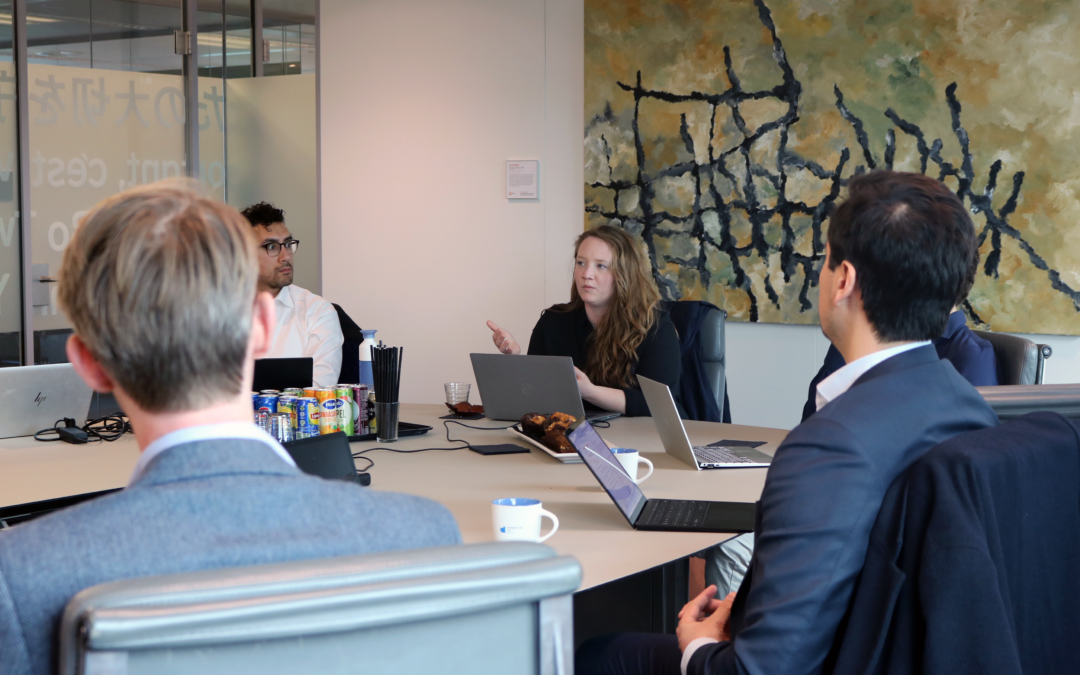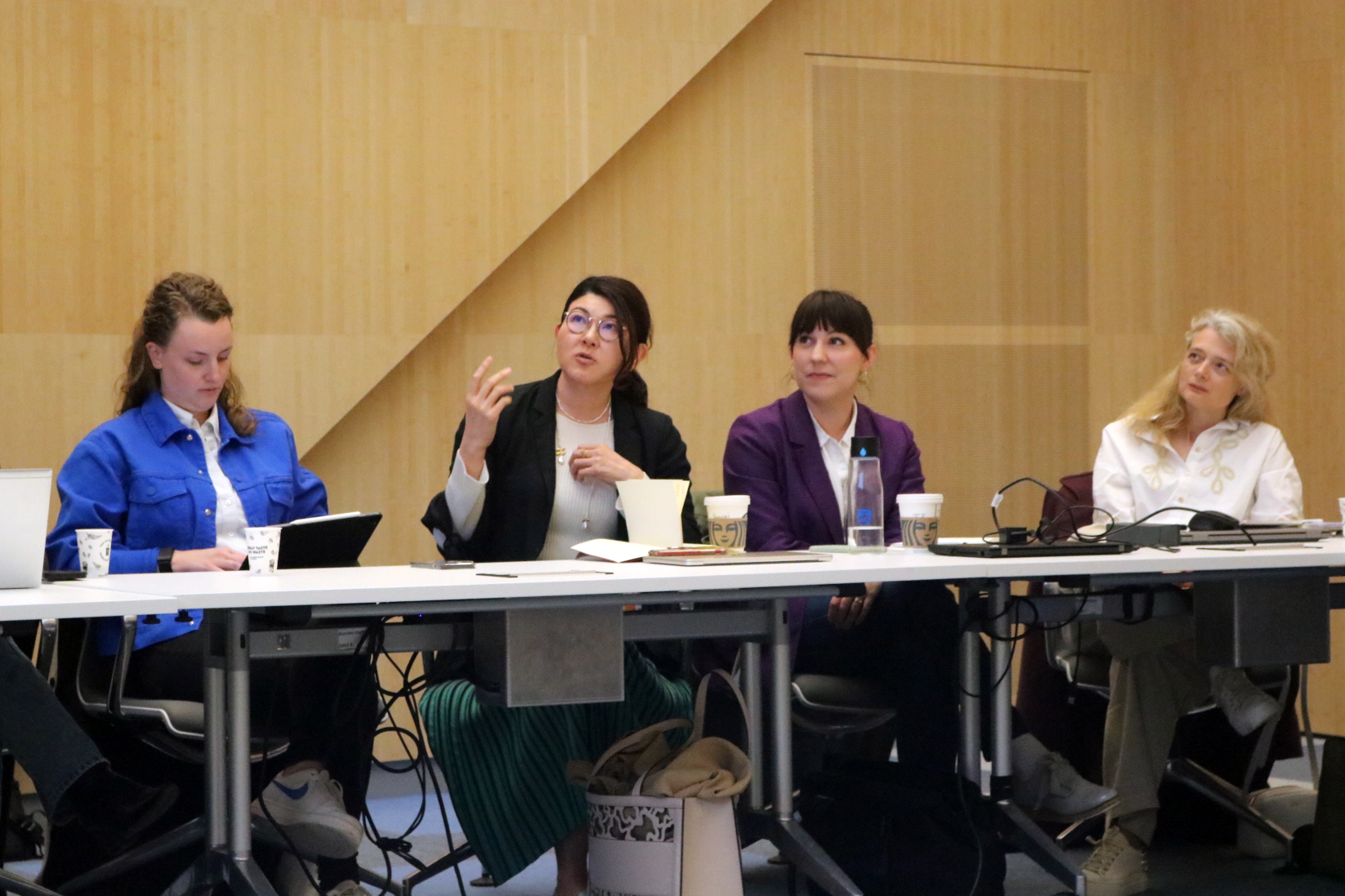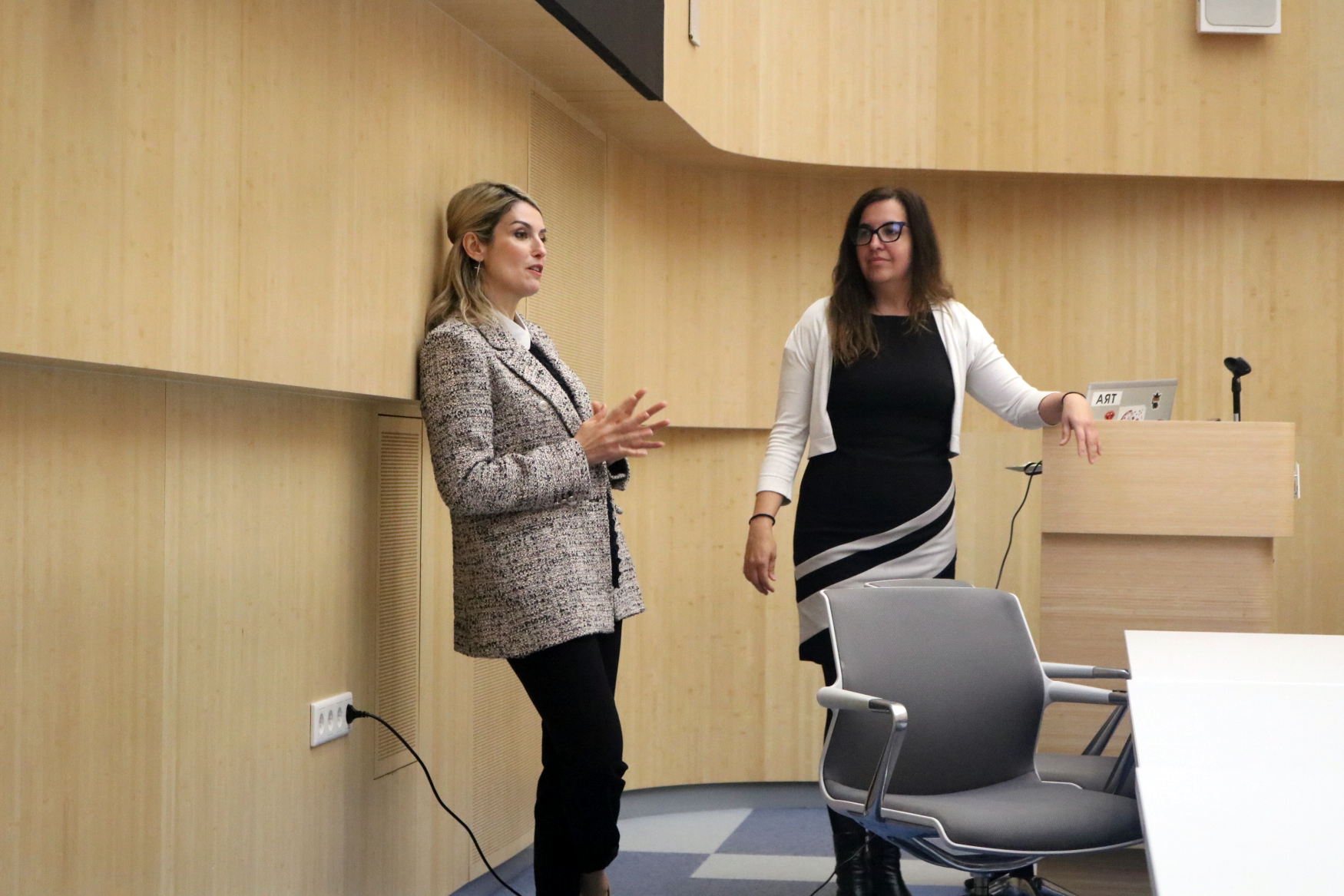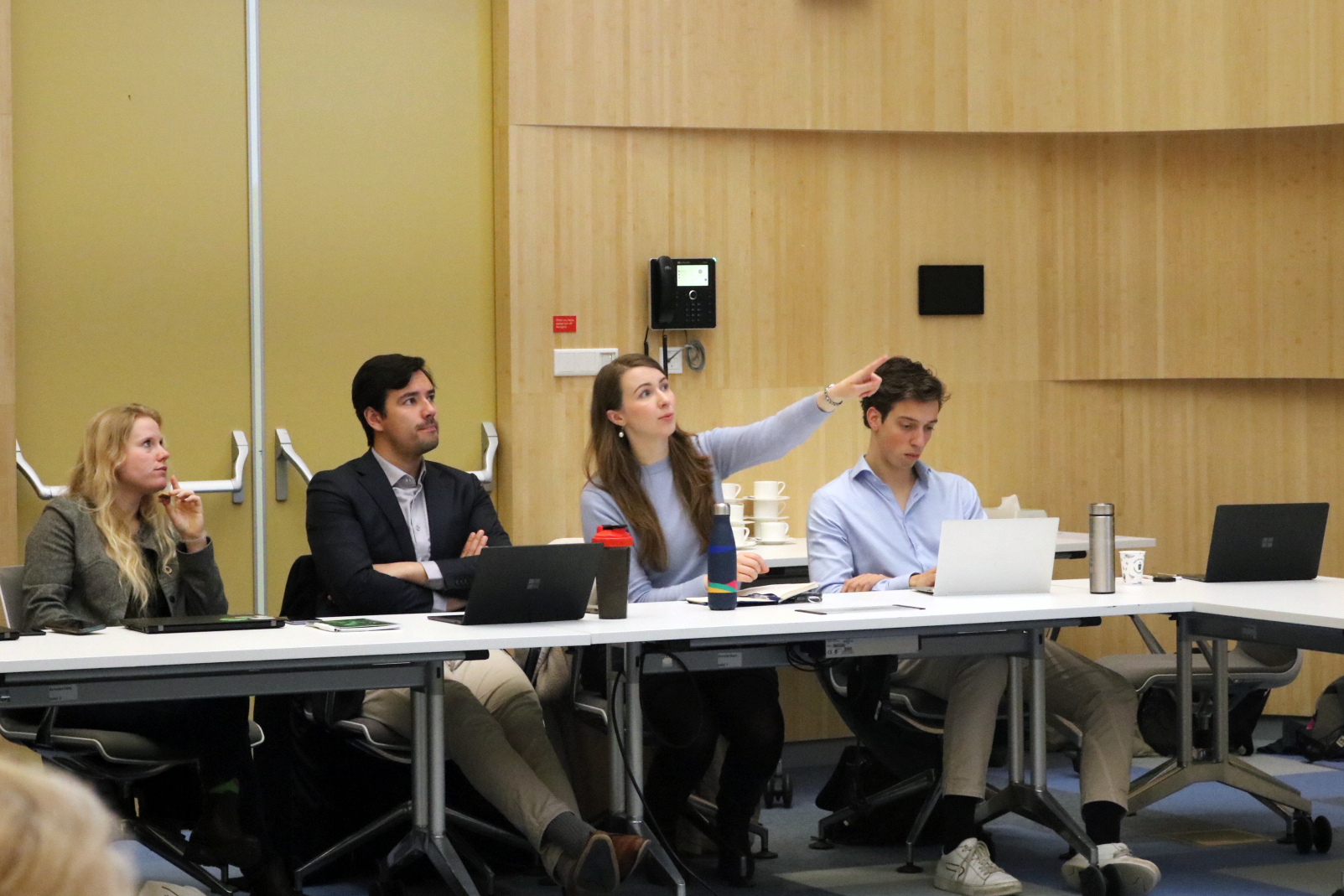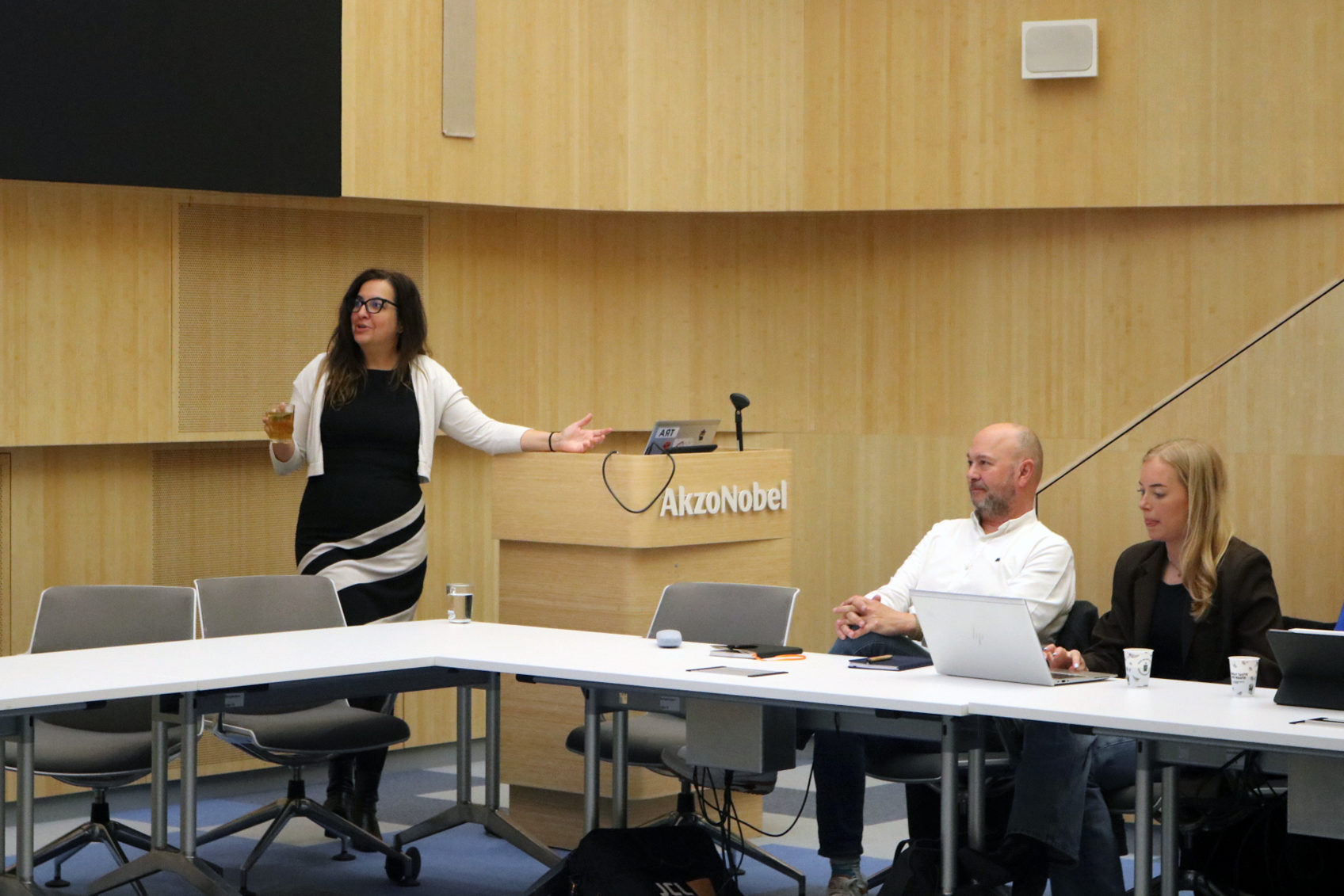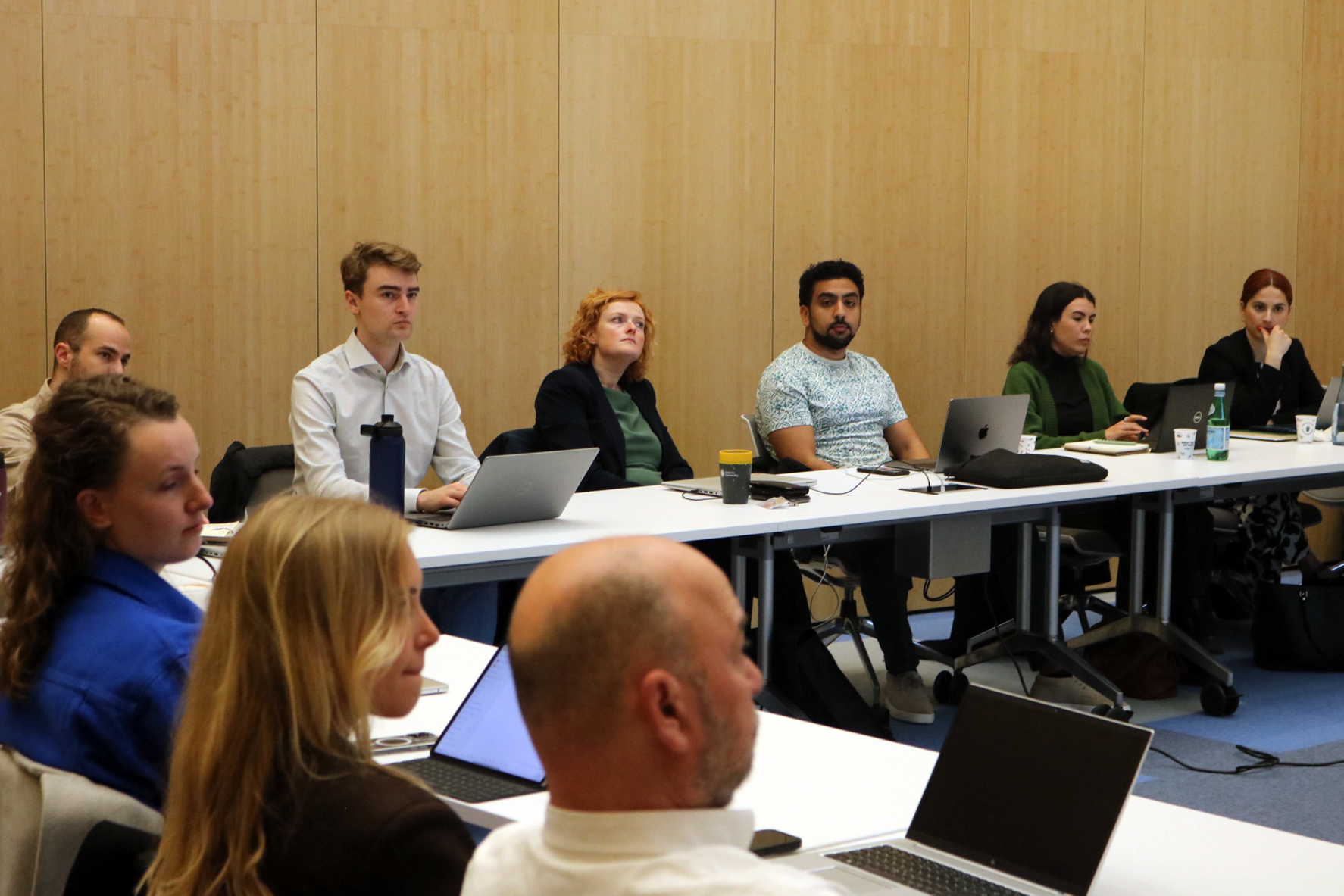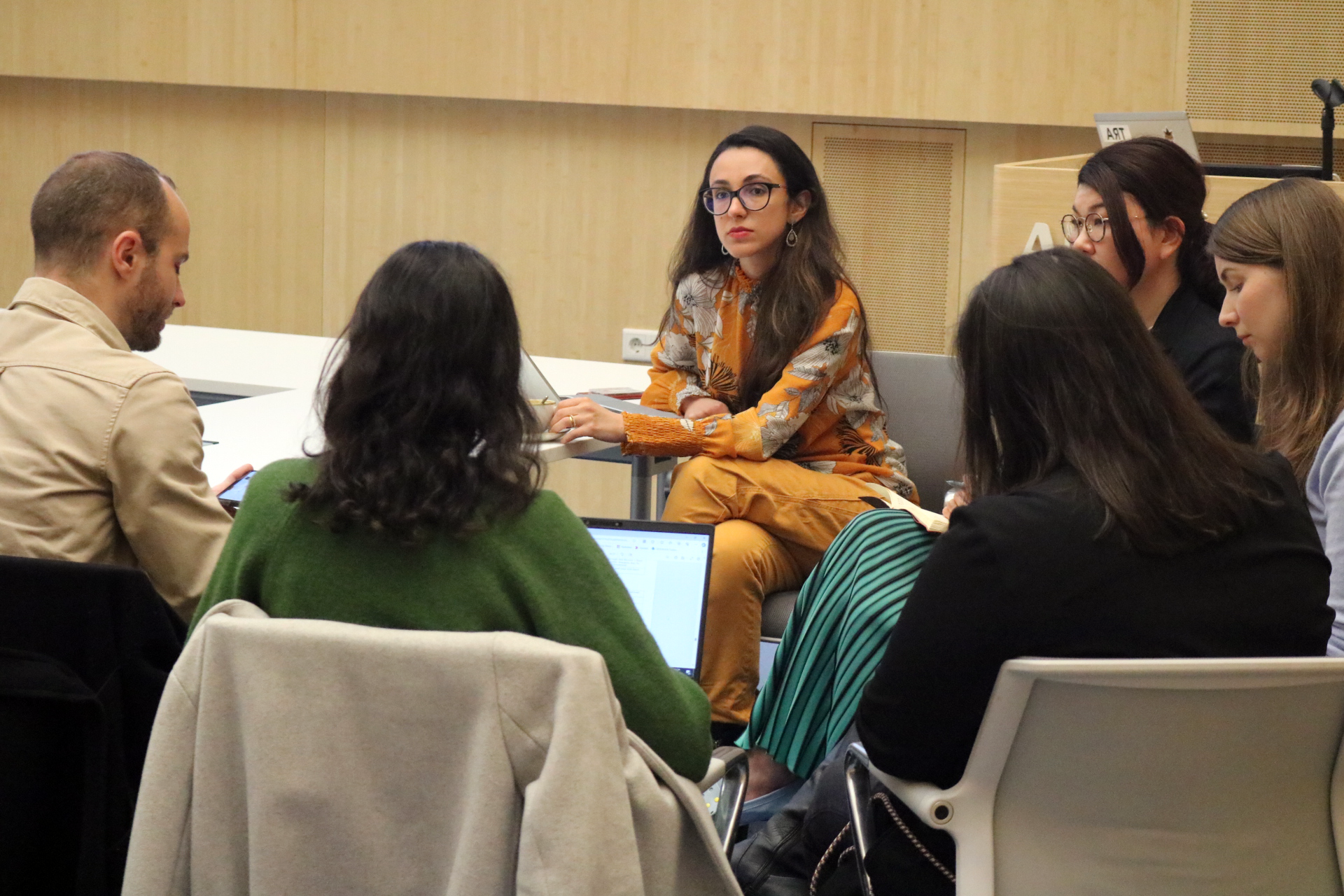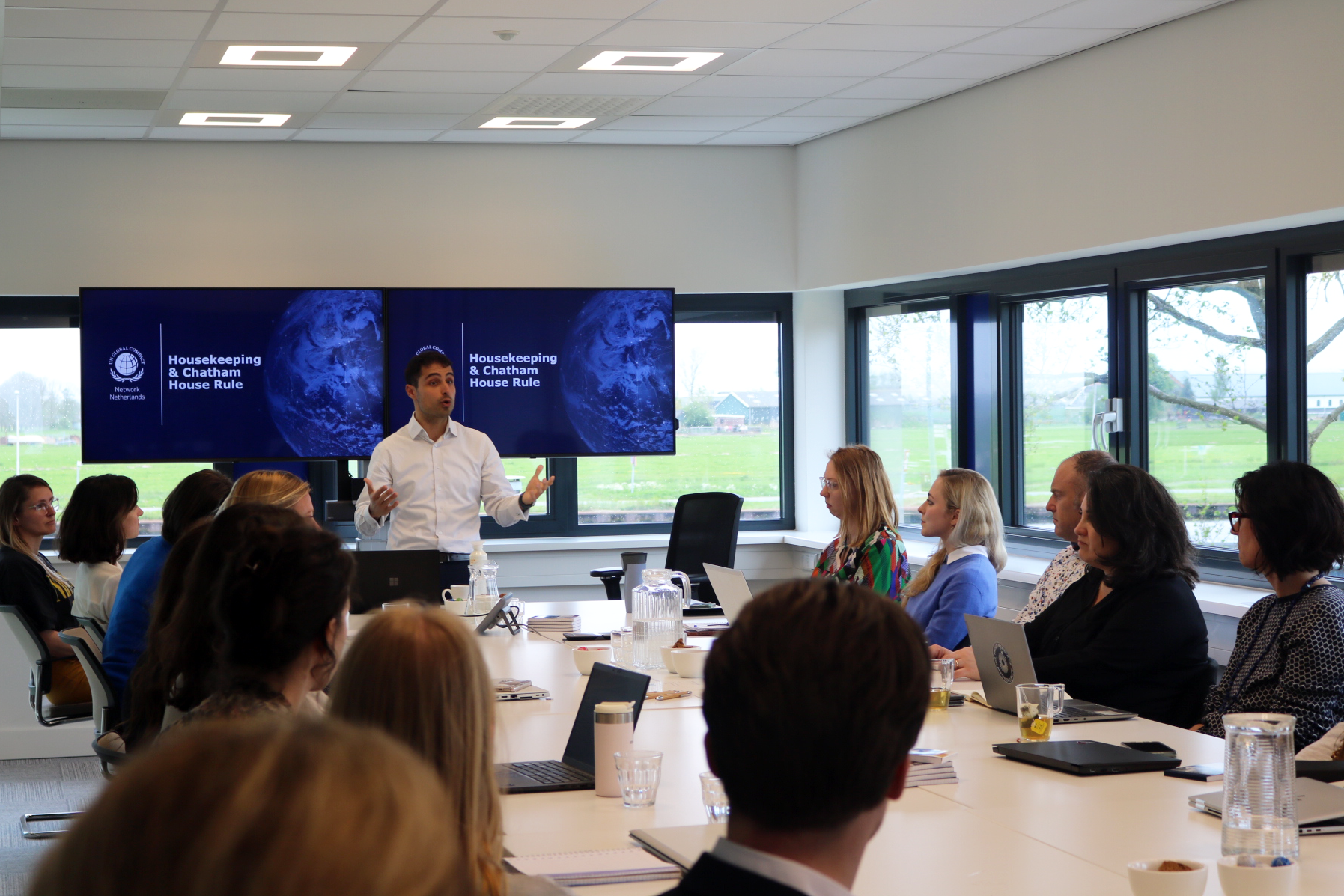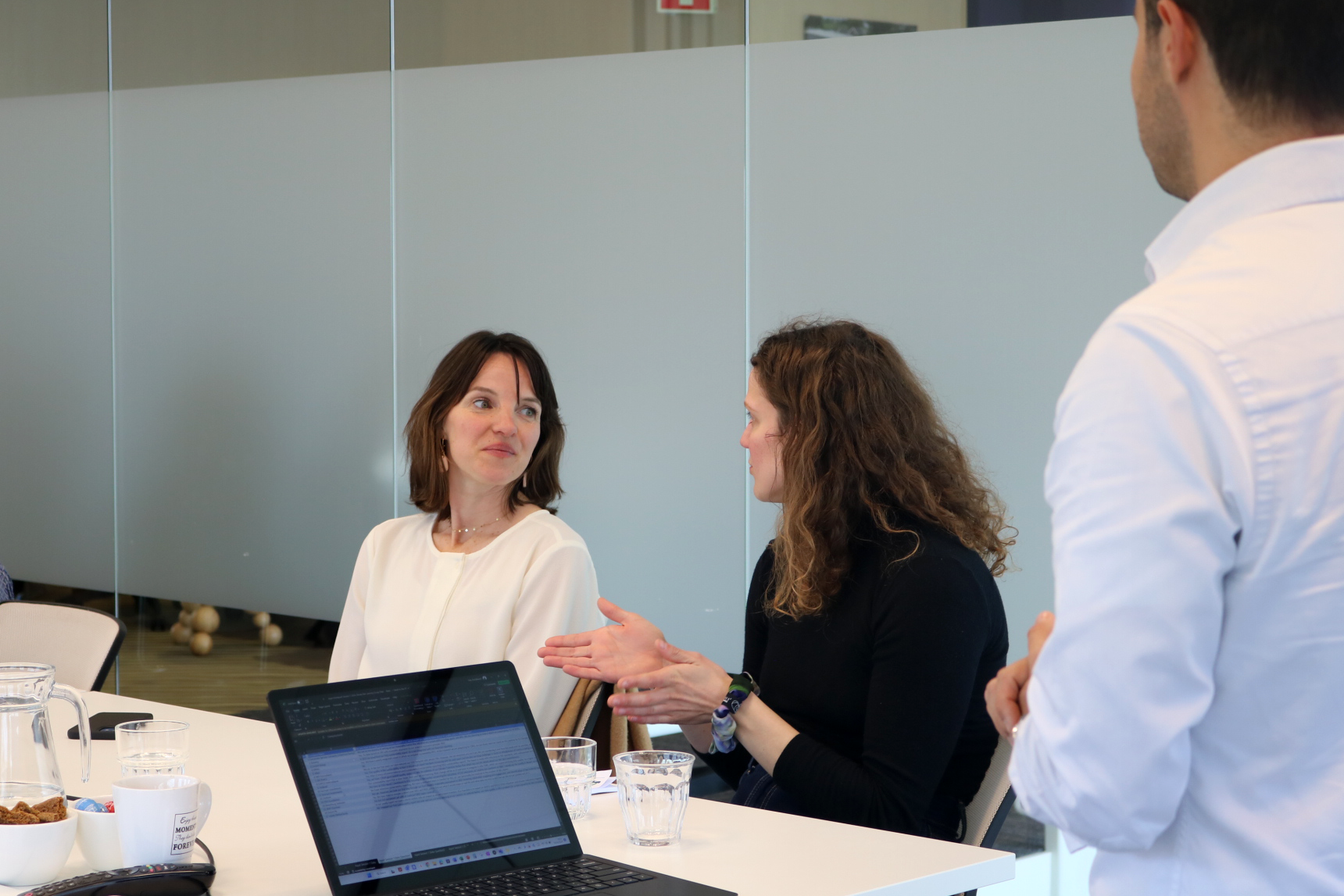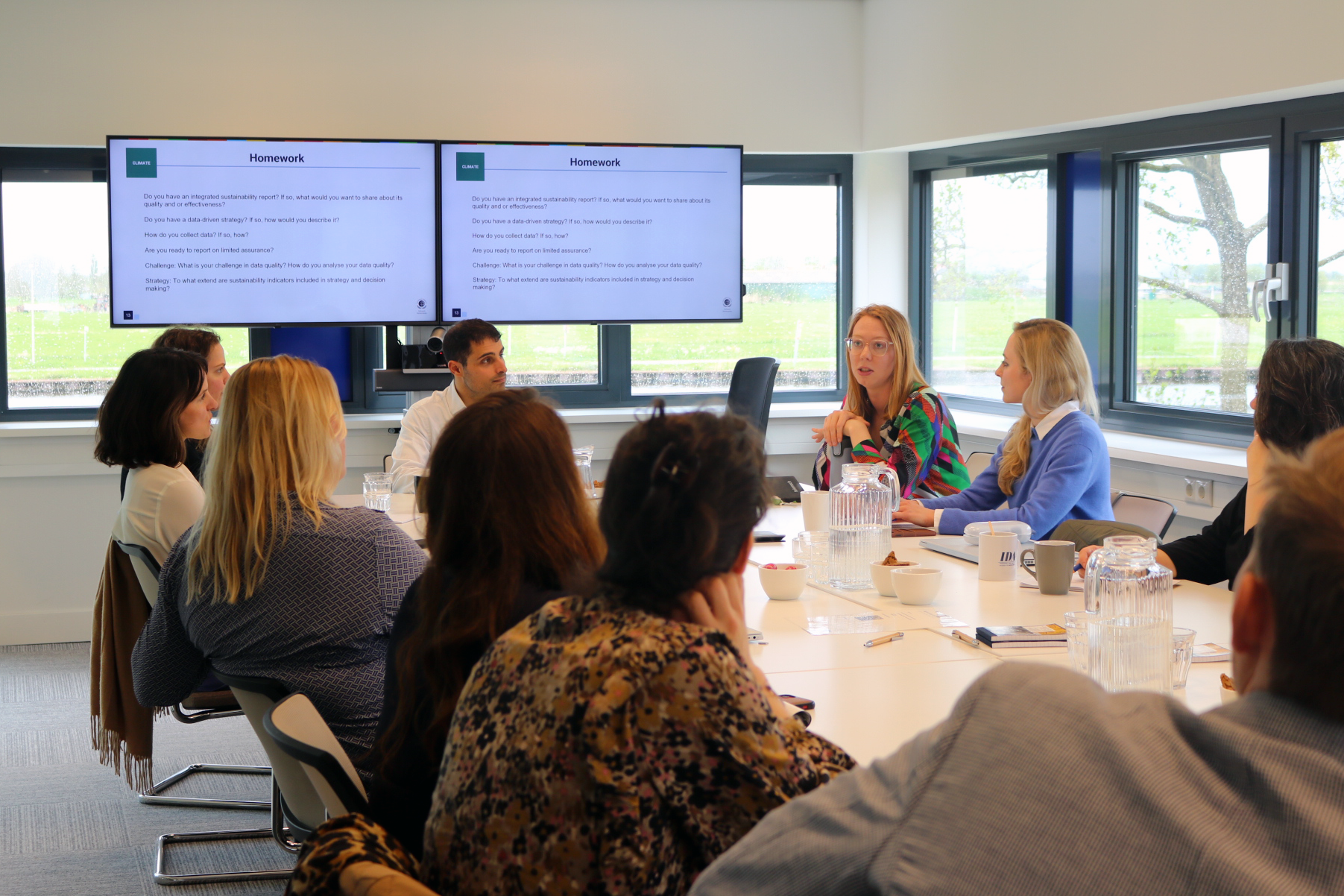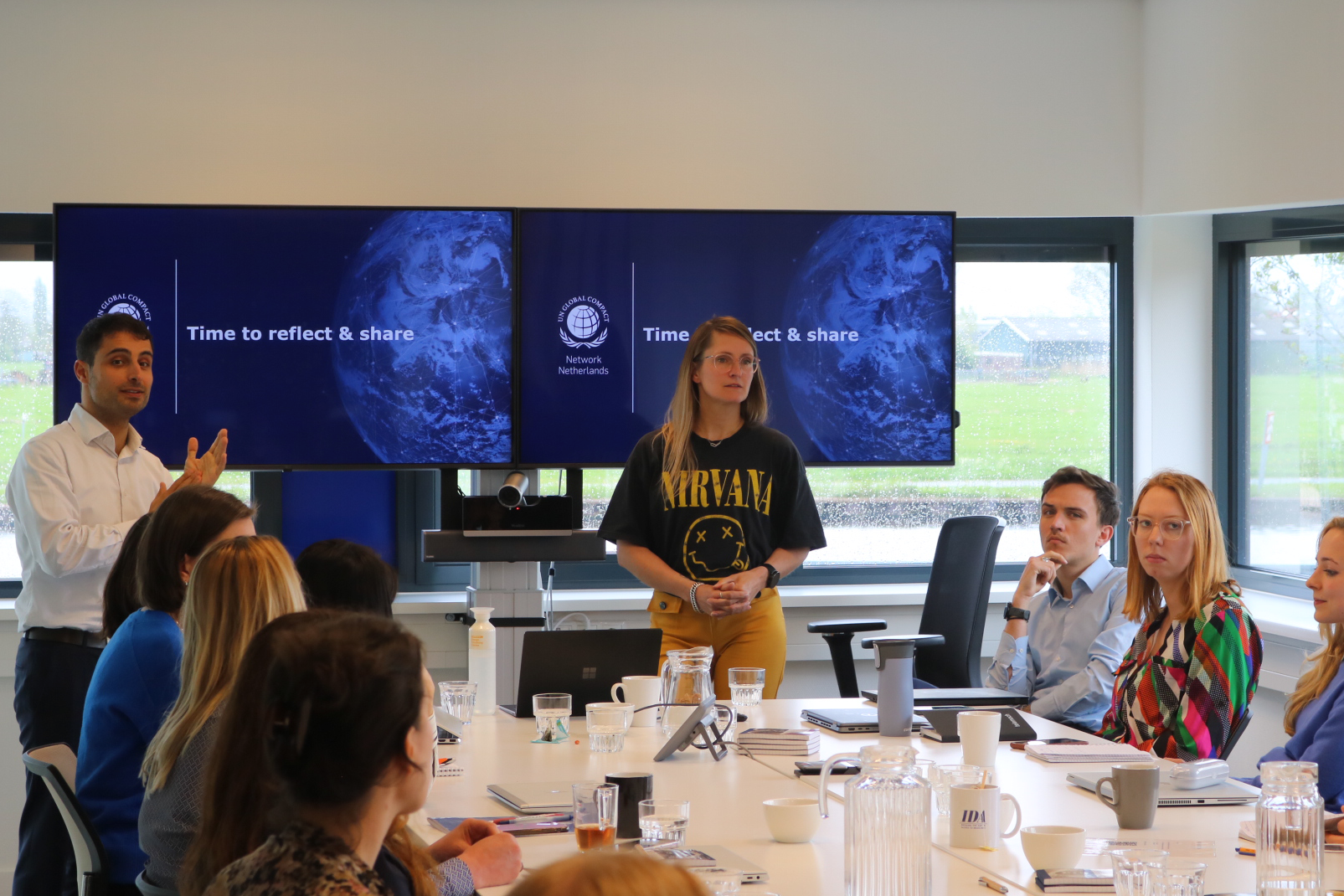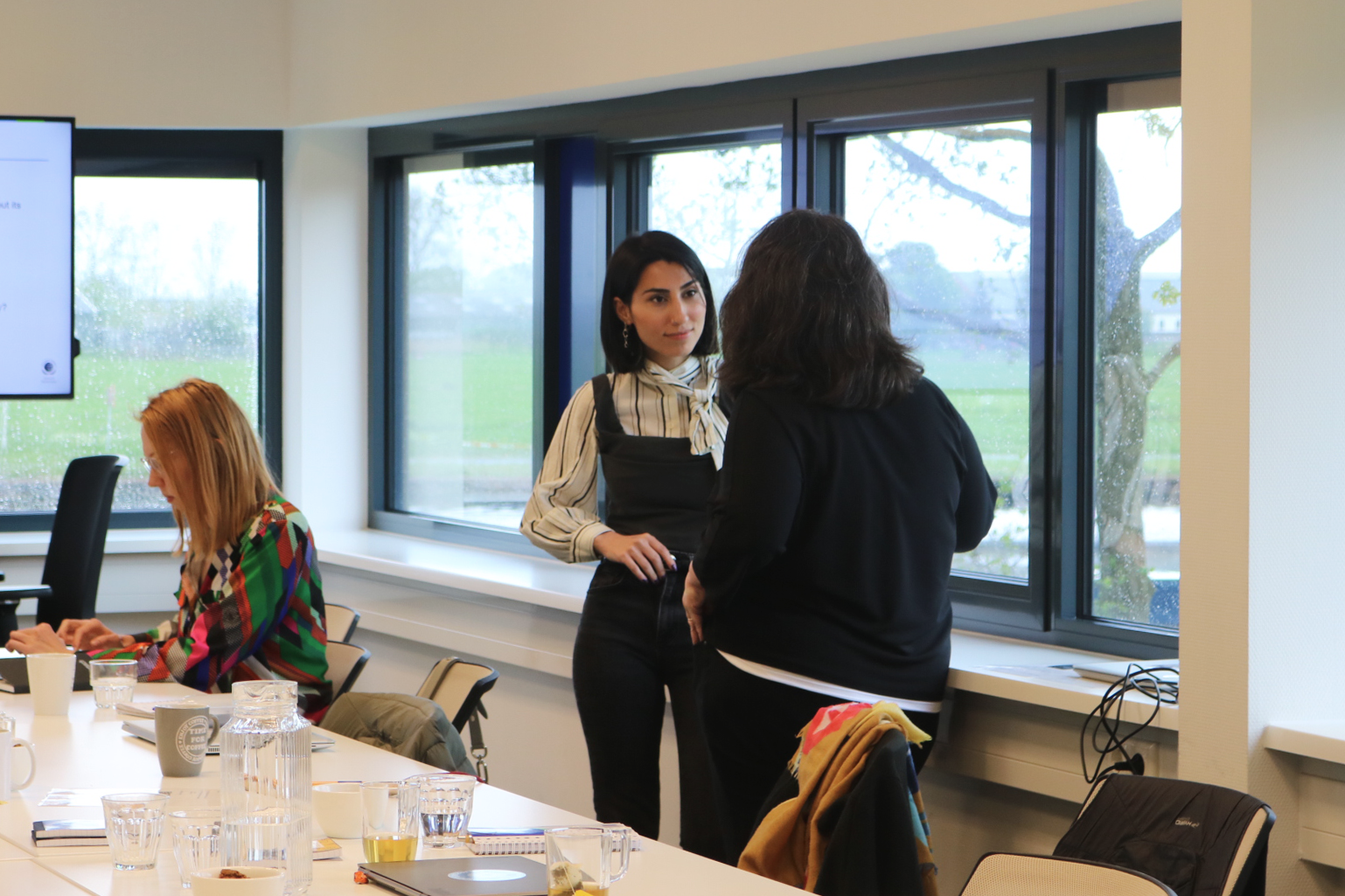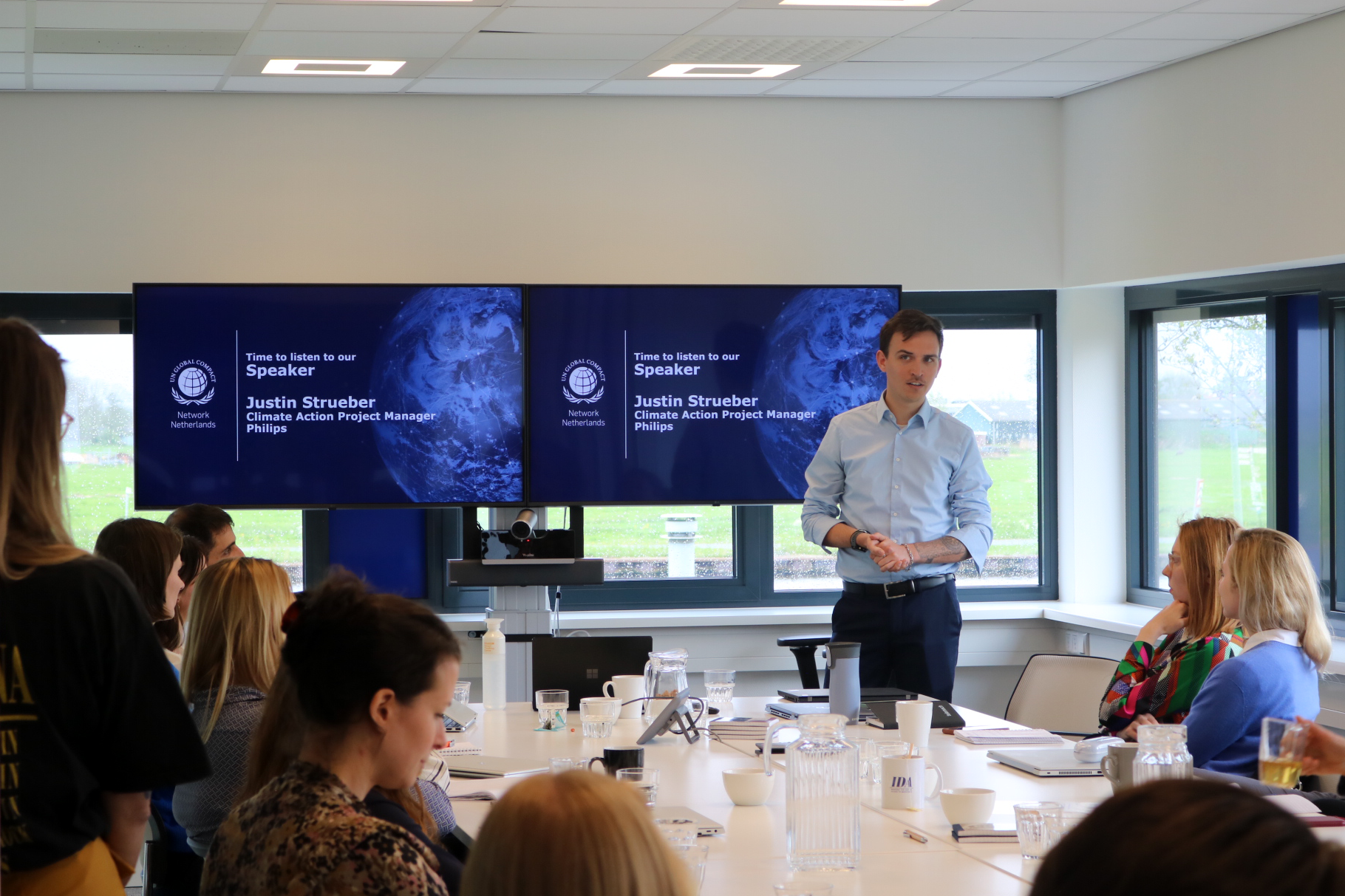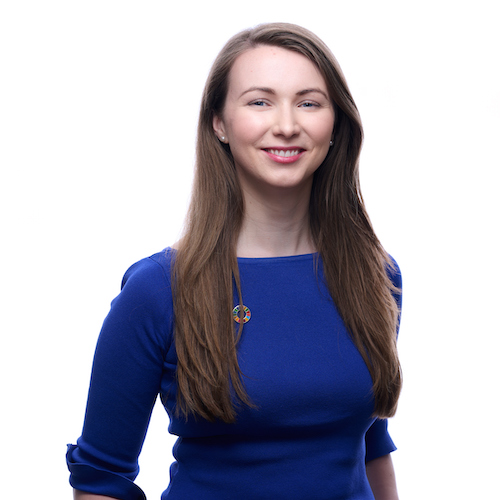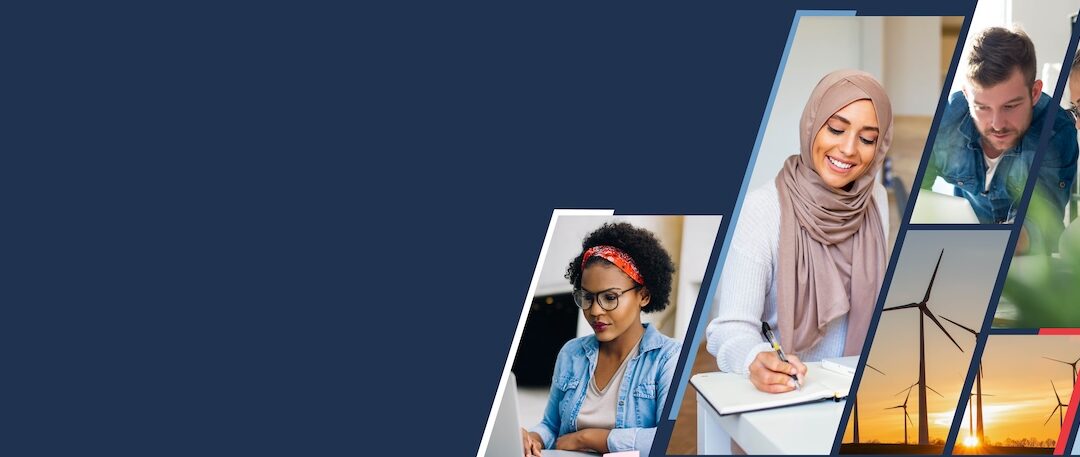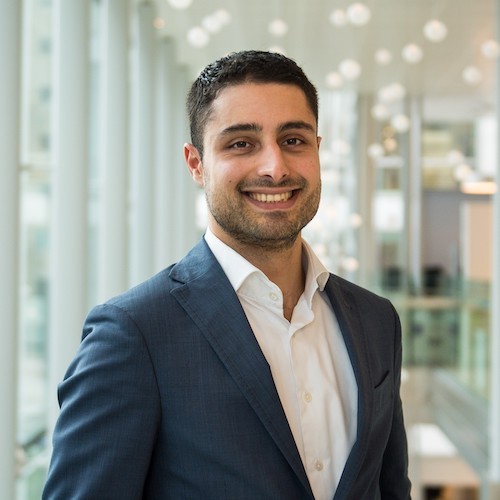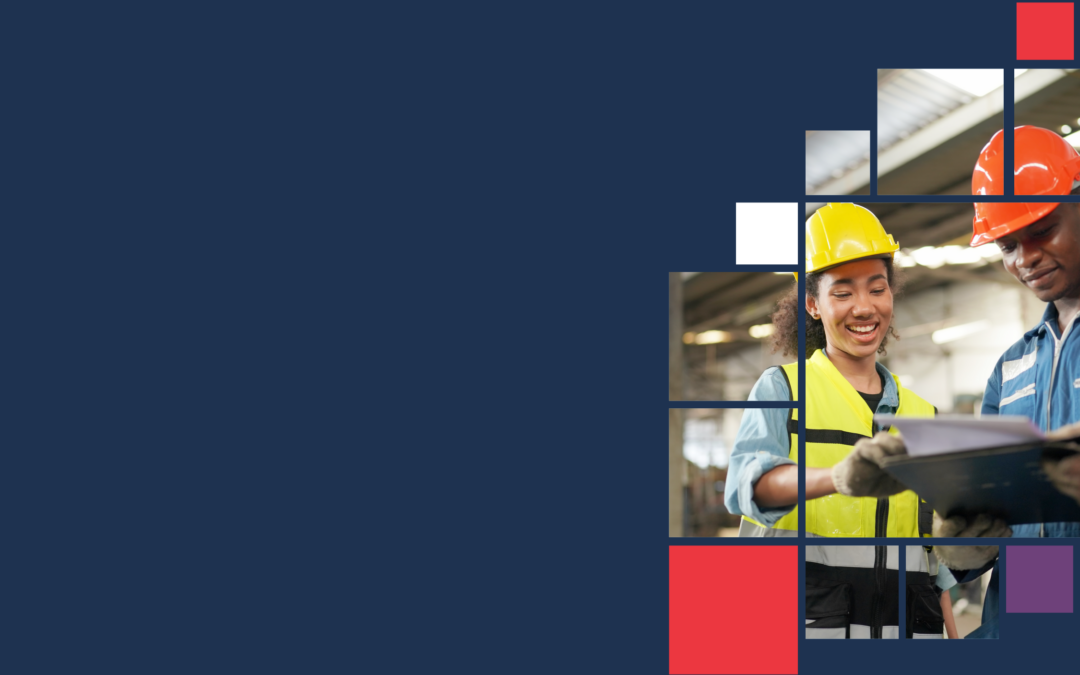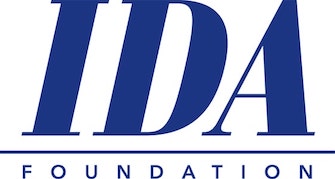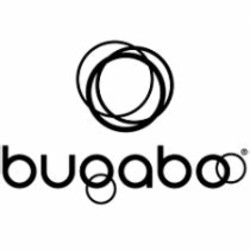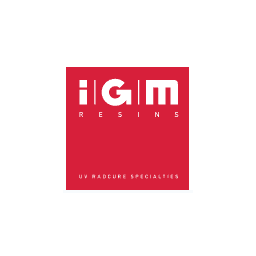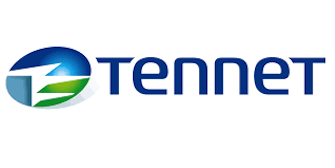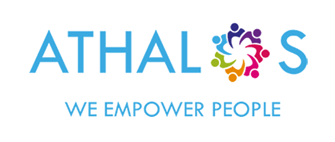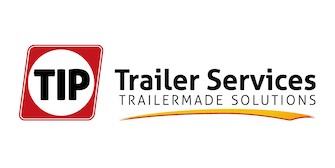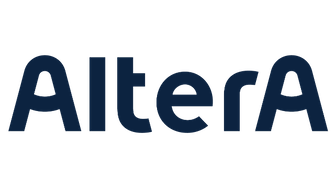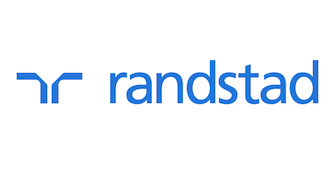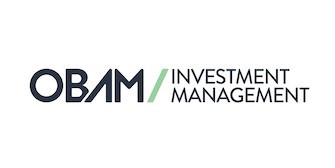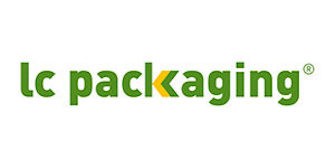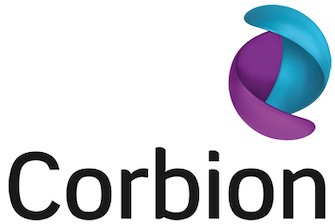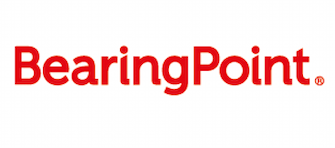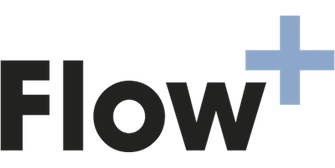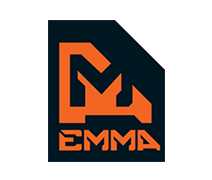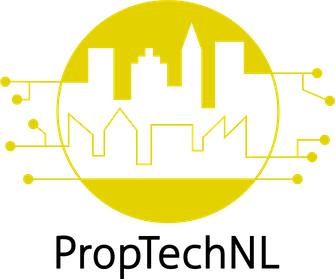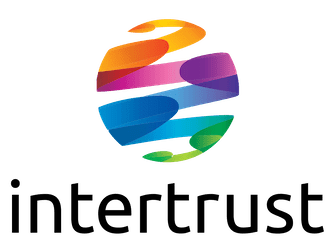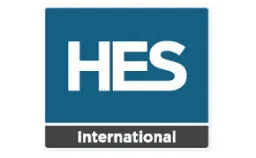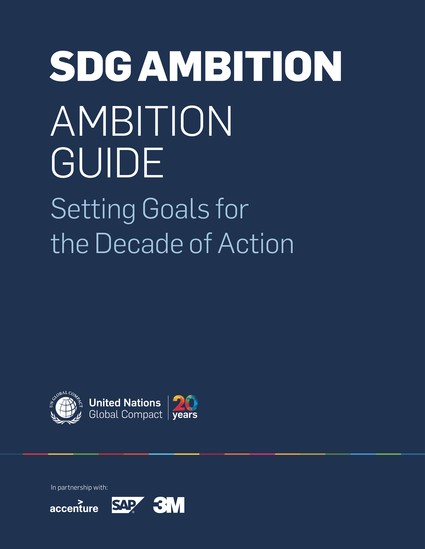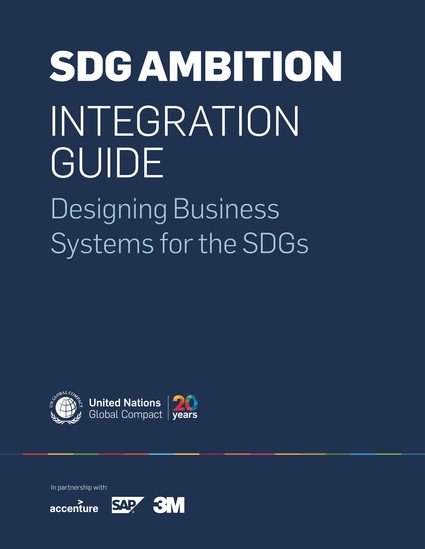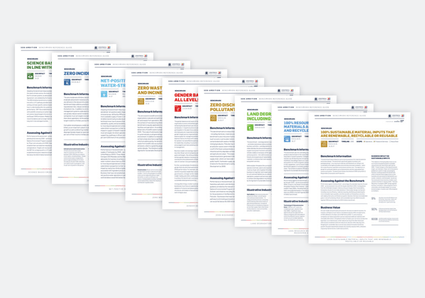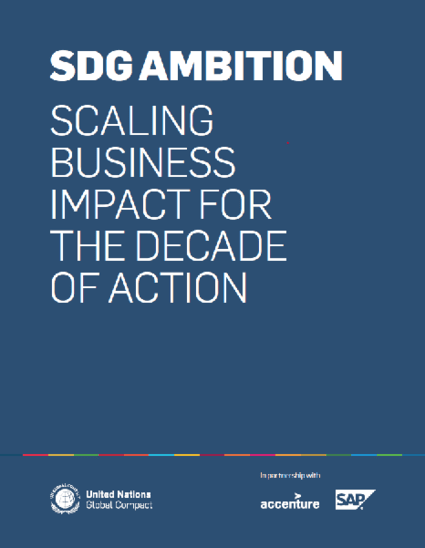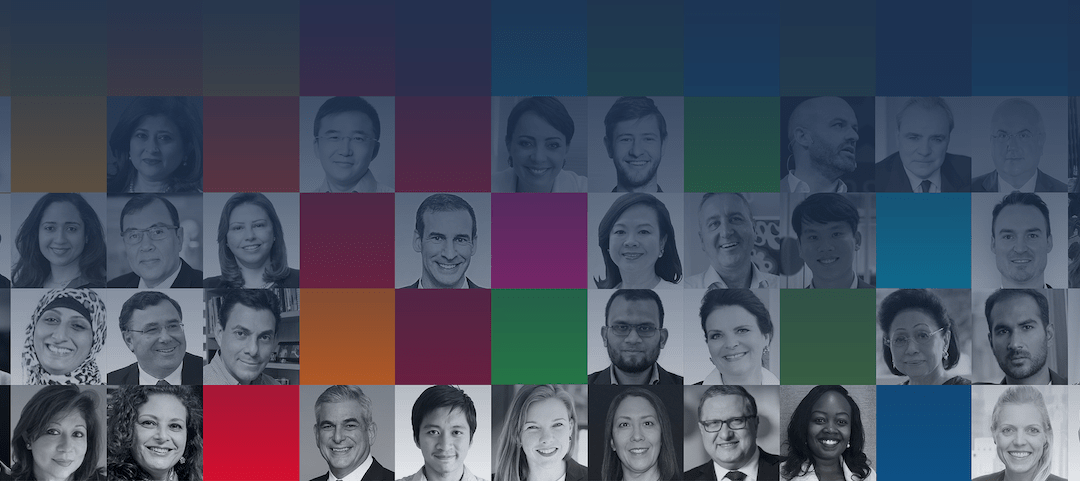
SDG Pioneers 2024
THE SEARCH IS ON FOR THE 2024 SDG PIONEERS
Are you a business leader advancing sustainable development goals. We want to hear your story!
Each year, the UN Global Compact celebrates the efforts of business professionals who are driving positive change by advancing the 17 Sustainable Development Goals (SDGs) and embodying the Ten Principles of the UN Global Compact. These individuals, known as SDG Pioneers, play a crucial role in inspiring action and showcasing the power of business to create a sustainable future for all.
This year, twelve SDG Pioneers will be recognized and rewarded under two award categories: 1) Large National and Multinational companies and 2) SMEs*. These pioneers, regardless of their role, are setting ambitious SDG targets, expanding their impact, and championing a principles-based approach within their companies. Participants must first win the national round in the Netherlands to advance to the global round. These winners will be announced on the global stage during the Leader Summit in September 2024.
The SDG Pioneers programme recognizes the dedicated professionals that drive and innovate solutions through new technologies, initiatives and business models that can enable us to reach the Sustainable Development Goals by 2030. We hope their work will inspire others to advance the Global Goals by implementing our Ten Principles on human rights, labour, environment and anti-corruption.
Become a SDG Pioneer
- Are you an individual who actively drives initiatives aligned with the Sustainable Development Goals (SDGs) within your company?
- Do you strive to make a positive impact and promote sustainability in your work?
- Are you committed to embodying the Ten Principles of the UN Global Compact?
Nominate someone
- Do you know a colleague or peer who demonstrates exceptional dedication to advancing the SDGs?
- Is someone in your company setting ambitious SDG targets and driving meaningful change?
- Are you aware of individuals who embody the principles of sustainability and corporate responsibility?
WHY YOU SHOULD APPLY TO BECOME A SDG PIONEER
- Employee engagement and recognition – The program provides companies with an opportunity to highlight how their employees are advancing the SDGs and are indeed next generation leaders.
- Enable change agents for the SDGs – Leadership in the 2030 era requires change agents, and the SDG Pioneers Program provides a once-in-a-lifetime opportunity for professionals to push their vision forward within their organizations and create change.
- National and global recognition – SDG Pioneers will receive visibility and be recognized for the great work that they have done to advance the SDGs. The Global SDG Pioneers will be announced and recognized at the 2024 UN Global Compact Leaders Summit.
ELIGIBILITY
- To be eligible, applicants must come from UN Global Compact participating companies with an “Active” status.
- Companies must have joined the UN Global Compact prior to 1 October 2023.
- To maintain Active status, companies must submit their Communication on Progress (CoP) within the reporting time frame of 1 April to 31 July. Subsidiaries can participate if their parent company meets this obligation. To avoid any disruption to your Pioneers application process, companies are strongly encouraged to submit their CoP by 1 June 2024. Failure to report by 31 July will disqualify a Pioneers application. A change in CoP status subsequent to being recognized as a Local and/or Global SDG Pioneer may result in the loss of consideration for the global SDG Pioneer title.
My company does not yet participate in the UN Global Compact. Can I still apply?
Only individuals from UN Global Compact participating companies are eligible to apply or be nominated. If your company is not yet participating in the UN Global Compact, it’s time to change that. Learn more about how to join here.
TIMELINE
| Date | What |
| 6 May – 29 May 2024 | Applications open |
| 30 May – 3 June 2024 | Review and selection period |
| 5 June 2024 | SDG Pioneers 2024 in The Netherlands are announced |
| September 2024 | Global SDG Pioneers 2024 are announced at the Leaders Summit |
MEET THE PREVIOUS SDG PIONEERS
To me personally and to Fairphone, being sustainable has always meant to care about the planet and the people. At Fairphone we work day in and day out on how to put the SDGs into practice in our business, in our products and services to make it easier for our users to put them into practice as well. Being named UN SDG pioneer in the Netherlands is a great honour and recognition for these efforts.
Diana Visser
Corbion
SDG Pioneer 2020
QUESTIONS?
Please reach out to
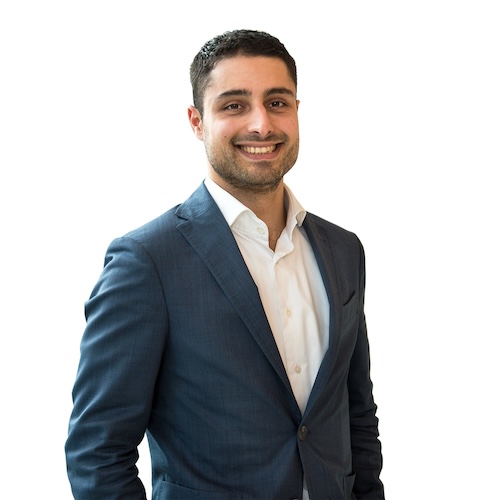
Firas Abdulhasain
Senior Programme Manager

